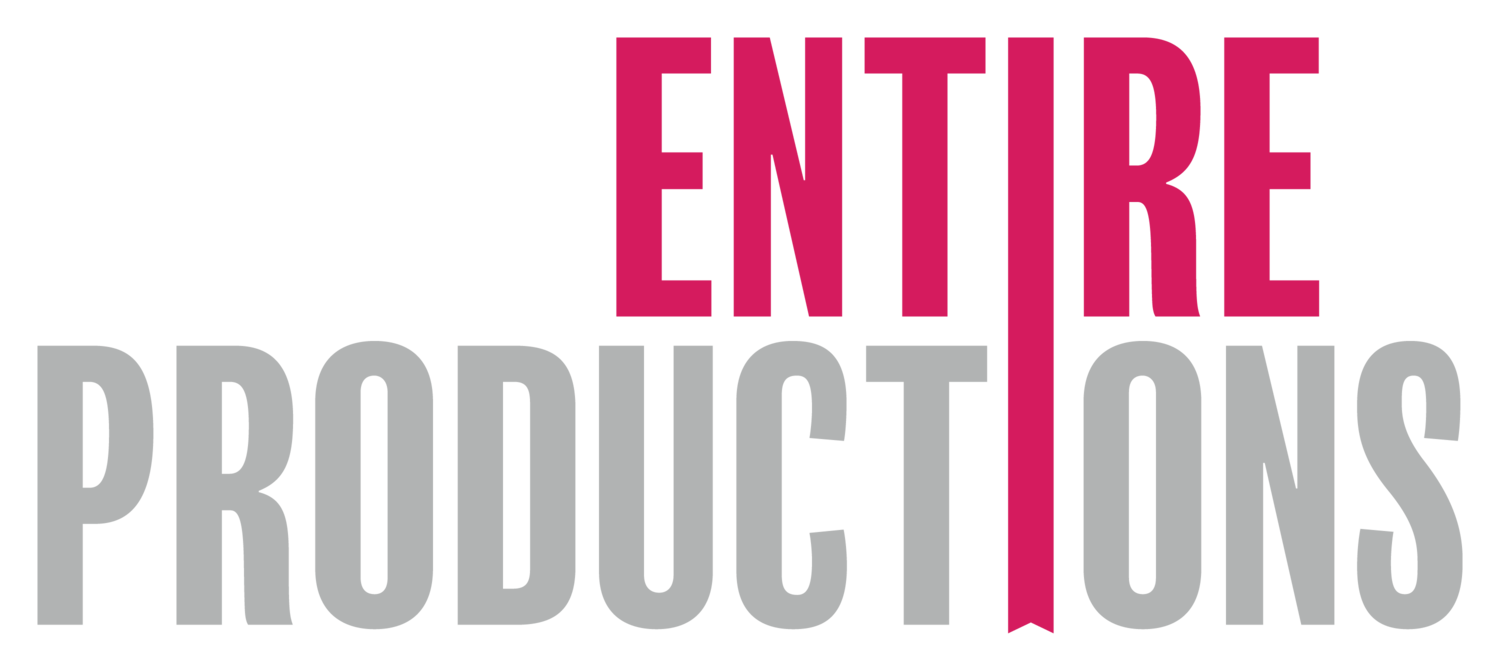Why Your RFP Process Might Be a Hot Mes, and How to Fix It
You’ve got a vision. You’ve got a date. Maybe even a venue.
PC: @charlesdeluvio
But when it comes time to bring in vendors—especially event production companies, A/V teams, or destination management partners—how do you actually start the conversation?
Enter: the mighty RFP.
Also known as a Request for Proposal, your RFP is the golden ticket to getting relevant, realistic proposals from the right event vendors. But when it's rushed, vague, or missing key info? It becomes the fastest route to wasted time, blown budgets, and major miscommunication.
Let’s fix that.
First Things First: What Makes a Great RFP?
A solid RFP is more than a to-do list or a wishful thinking doc. It’s a blueprint that tells event service providers:
What you want
What you need
What you’re expecting (yes, in detail)
What event budget you’re working with (or aiming for)
And how you’ll be making your final decision
Think of it like this: if your corporate event is a house, your RFP is the architectural drawing. You wouldn’t hand a builder a Pinterest board and say “just make it cool.” Same here.
Common RFP Mistakes (We See These All. The. Time.)
Let’s be real. Even experienced teams stumble through this process. Some of the biggest RFP fails:
No Budget Transparency
Don’t: “We’ll just see what comes back and decide from there.”
Say: Be upfront—even a range helps. You’ll get way more relevant proposals from event planning companies that fit your goals.
Late-to-the-party Stakeholders
Don’t: Surprise sponsors or execs swoop in mid-process with “must-haves.”
Do: Get alignment (and approvals!) before you hit send.
Tech Jargon Overload
Don’t: Proposals with phrases like “Rockville Par 50 LED uplight” = Confusion
Do: Standardize terms or include a glossary. Bonus points if you bring in a technical director to decode for you.
What to Include in Your RFP (Don't Skip These!)
Here's your quick-hit checklist for a solid, vendor-ready RFP:
Event Overview – What’s the vibe, goal, audience?
Deliverables – Be clear: are you asking forA/V production, event design, talent booking, or all of the above?
Timeline – Give proposal deadlines, selection dates, and key milestones.
Budget Range – Help vendors propose solutions you can actually afford.
Scope of Work – Outline expectations, key constraints, and any potential challenges.
Evaluation Criteria – Tell vendors how you'll be scoring them. Creativity? Cost? Past experience?
Vendor Requirements – Certifications, previous corporate event experience, industry expertise—lay it out.
Pro Tip: Timing Is Everything
Send out your RFP after you’ve locked in your goals, event budget, and decision-makers.
Too soon = chaos. Too late = cookie-cutter responses.
Pro move: give vendors a one-day Q&A window to ask questions. Then send out one doc with all your answers—fair, transparent, and save you 17 duplicate emails.
AI Can Help—But Don’t Trust It Blindly
Yes, AI tools can help you compare RFPs, spot inconsistencies, and highlight pricing oddities. But when it comes to nuance (like reading between the lines or catching a budget red flag), you still need a human.
Think of AI as your spreadsheet-loving sidekick, not your decision-maker.
Choosing the Right Vendor: It’s More Than Price
Here’s what to dig ino beyond the numbers:
Do they sub-rent equipment or own it?
Are they bringing a full team or flying solo?
Are they marking up rentals from their “sister company”? (It happens.)
How flexible are they when last-minute curveballs hit?
Pro tip: It’s totally okay to ask if they’re using subcontractors, reselling rentals, or building in buffer costs.
TL;DR – RFPs That Rock
Know your event planning budget
Align with internal stakeholders before you send
Be clear, detailed, and consistent
Ask smart questions (not just about price)
Use a strong template—don’t wing it
Follow up with vendors you don’t choose (professional courtesy matters!)
Got a big corporate event coming up and need help decoding a vendor proposal—or building an RFP from scratch? Let’s talk. We’ve helped everyone from Fortune 500s to scrappy startups turn chaos into clarity.
There is a guide attached to this chapter of Corporate Event Mastery. Want access to more guides? Grab your copy of Corporate Event Mastery for the full collection!
About Us
From high-energy brand activations to curated executive retreats, Entire Productions delivers experiential events that make an impact. Visiting the Bay Area? Entire Destination Management provides expert DMC services and corporate event planning to bring your vision to life.
Let’s make something unforgettable.
📚 Out Now! Our Company’s New Book
This blog was inspired by a chapter in our new book, written by our unstoppable CEO and founder, Natasha Miller. If this fired you up, the full book is going to blow you away.
Discover more!
We’re thrilled to share that Kirkus Reviews gave our book an outstanding review!
Check out the full review, but first, here are key highlights:
"Each chapter methodically builds on the last, covering everything from proposal request processes and vendor negotiations to key performance indicators, return on investment, and the integration of artificial intelligence in an event’s planning stages."
"Genuinely useful advice and recognition for members of a sometimes-overlooked profession."


